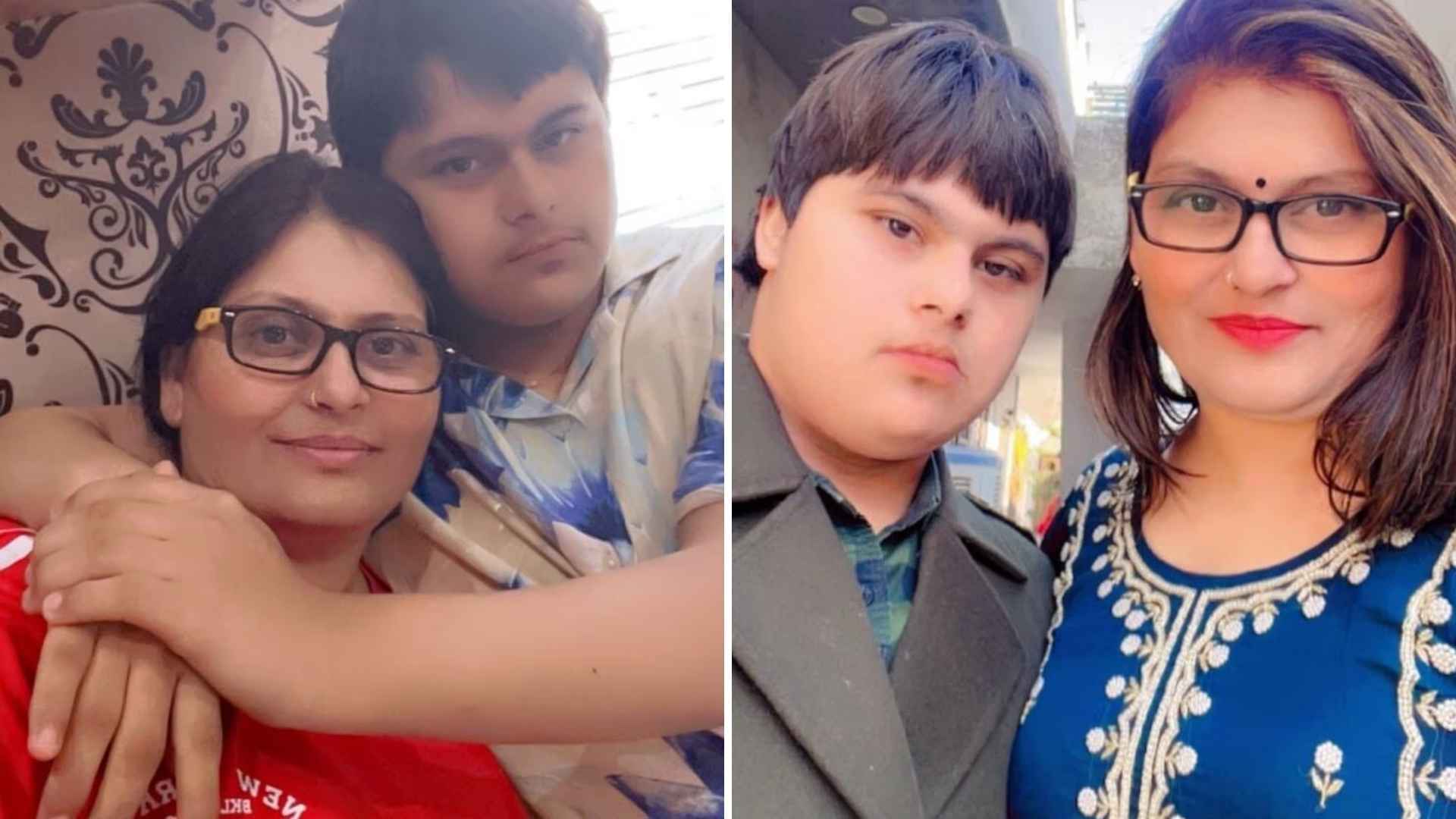Top Stories
Mother Triumphs as Son with Down Syndrome Granted NZ Residency

A mother from Christchurch, Prince, has celebrated a significant victory after successfully securing residency for her son, Jap Sahib, who has Down syndrome. After a challenging decade-long struggle, Immigration Minister Chris Penk approved the teenager’s residency application, a move that Prince described as providing her son with a “new life.”
The journey began when Jap Sahib came to New Zealand on a visitor visa with his mother in 2014 at the age of five. Following this, his applications for student and visitor visas were declined, leading to a request for him to leave the country. An appeal to the independent Immigration & Protection Tribunal in 2016 also ended unsuccessfully, prolonging the family’s separation.
Penk confirmed to The New Zealand Herald that he had reviewed all submissions related to Jap Sahib’s case before making the decision to grant him a resident visa. This breakthrough is a culmination of years of dedicated campaigning by Prince, who has worked as a chef in Christchurch for over a decade, alongside support from various advocates.
While Prince fought for her son’s residency, Jap remained in India under the care of his grandmother. His father, also residing in India, has struggled with longstanding alcohol addiction issues, further complicating the family’s situation.
Green MP Ricardo Menéndez March intervened in May of this year, urging Minister Penk to grant residency to Jap Sahib. Upon hearing the decision, Menéndez March expressed his delight, emphasizing the importance of reuniting families.
Advocacy groups have also reacted positively to the outcome. Aine Kelly Costello from Migrants Against the Acceptable Standard of Health Aotearoa (MAASHA) voiced her relief, noting that Prince had spent eight years living apart from her son. She criticized the previous immigration policies which had hindered the mother from reuniting with her child, calling them “unjust.”
The immigration process for those with disabilities can often be complicated. The Immigration New Zealand (INZ) acceptable standard of health (ASH) policy evaluates whether an applicant may impose “significant cost to, or demands on, New Zealand’s health services” and considers the potential impact on education. Throughout the process, Prince maintained that she was capable of providing the necessary health and educational support for her son.
Kelly Costello described the immigration journey as not only unfair but also expensive and degrading, with families often forced to justify the worth of their disabled relatives. This case highlights the broader challenges within immigration policies that affect families seeking to reunite under such circumstances.
As the approval of Jap Sahib’s residency marks a crucial turning point, it also raises awareness about the experiences of families navigating immigration laws regarding disabilities. The decision not only reunites a mother with her son but also serves as a reminder of the human impact behind immigration policies.
-

 World3 months ago
World3 months agoTest Your Knowledge: Take the Herald’s Afternoon Quiz Today
-

 Sports3 months ago
Sports3 months agoPM Faces Backlash from Fans During Netball Trophy Ceremony
-

 Lifestyle3 months ago
Lifestyle3 months agoDunedin Designers Win Top Award at Hokonui Fashion Event
-

 Sports3 months ago
Sports3 months agoLiam Lawson Launches New Era for Racing Bulls with Strong Start
-

 Lifestyle3 months ago
Lifestyle3 months agoDisney Fan Reveals Dress Code Tips for Park Visitors
-

 World3 months ago
World3 months agoCoalition Forms to Preserve Māori Wards in Hawke’s Bay
-

 Health3 months ago
Health3 months agoWalking Faster Offers Major Health Benefits for Older Adults
-

 Politics3 months ago
Politics3 months agoScots Rally with Humor and Music to Protest Trump’s Visit
-

 Top Stories3 months ago
Top Stories3 months agoUK and India Finalize Trade Deal to Boost Economic Ties
-

 World3 months ago
World3 months agoHuntly Begins Water Pipe Flushing to Resolve Brown Water Issue
-

 Entertainment3 months ago
Entertainment3 months agoExperience the Excitement of ‘Chief of War’ in Oʻahu
-

 Science3 months ago
Science3 months agoNew Interactive Map Reveals Wairarapa Valley’s Geological Secrets









